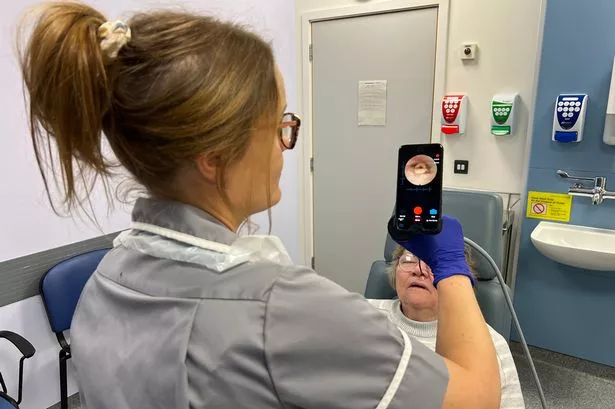

As more patients view potentially life-changing findings on their phones before clinicians can reach them, the NHS faces urgent questions about safety, timing and compassion in a digital age.
A growing number of patients are discovering serious test results, including suspected cancers, on the NHS App before any doctor or nurse has spoken to them. What was designed as a tool for empowerment is, in some cases, becoming the medium through which people first learn that something is seriously wrong.
Cancer helplines are reporting the consequences. Nurses at one major charity say they are increasingly explaining diagnoses over the phone after callers struggled to interpret what they saw in the app. Some had already pieced together the implications from terminology buried in scan reports or oncology referral letters, released automatically and without clinical framing.
The NHS App now has over 13 million monthly users. Its promise is clear: patients can see their records in real time, track referrals, view test results and understand their care journey. But the system relies on a delicate balance. National guidance allows trusts to delay the release of serious or sensitive findings so clinicians can speak to patients first. In practice, that safeguard varies widely. Most results flow into the app immediately. Only a small subset can be held back, and only if trusts actively choose to switch on the delay.
The outcome is uneven, and increasingly visible. Online cancer forums are filling with stories of people encountering suspicious imaging results or urgent referral letters before a clinician has made contact. For some, it offers reassurance or a head start on preparing questions. For others, it is a frightening and disorienting experience, receiving news that no one should face alone.
Digital access advocates argue that withholding information risks further delays when cancer pathways are already under intense pressure. Patients, they say, deserve rapid clarity so they can plan their next steps and avoid sitting in uncertainty. And internal evaluations of platforms such as Patients Know Best show many people prefer early access, even to difficult results, so they can process the news privately before an appointment.
Yet the principle remains: a diagnosis of a serious condition should come with human support. Compassion cannot be automated. The technology may be modern, but the emotional reality has not changed.
What this moment exposes is a system caught between two imperatives. On the one hand, transparency, speed and patient control. On the other, the need to ensure that the disclosure of life-altering information happens safely and with care. The NHS App has expanded faster than the workflows designed to manage it, leaving trusts to reconcile digital immediacy with clinical responsibility.
The question now is not whether patients should have access to their records – they should. It is how the NHS ensures that access does not outpace the support structures around it. National consistency, clearer guidance and improved delay settings are part of the answer. But the deeper challenge is aligning digital transparency with the fundamental duties of care, empathy and presence.
As one NHS spokesperson put it, the commitment to compassionate, clinician-led communication must remain intact, even as more patients turn to their phones for the first signs of trouble. That commitment will define whether the NHS App becomes a true enabler of informed care or a conduit for distress at moments that demand humanity most.